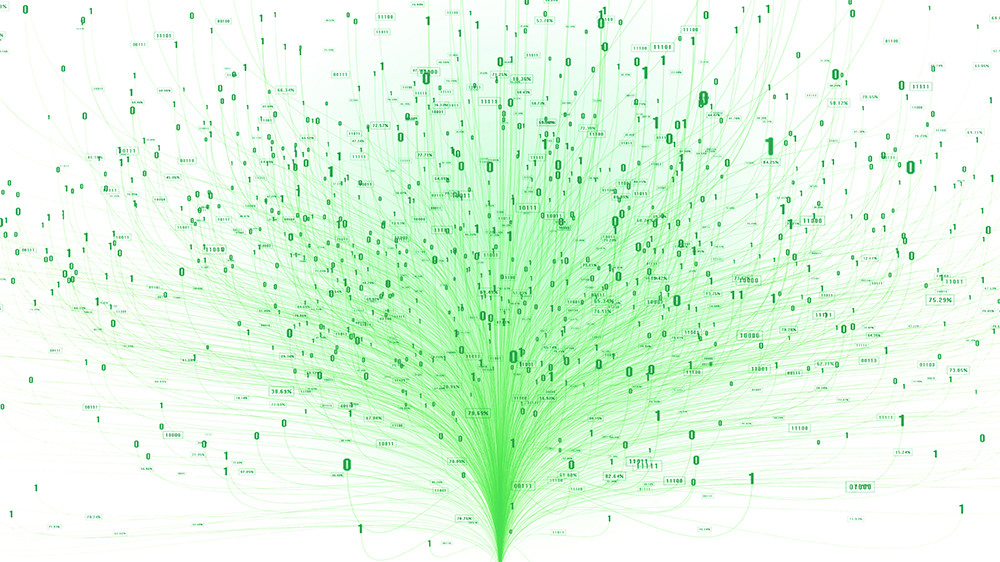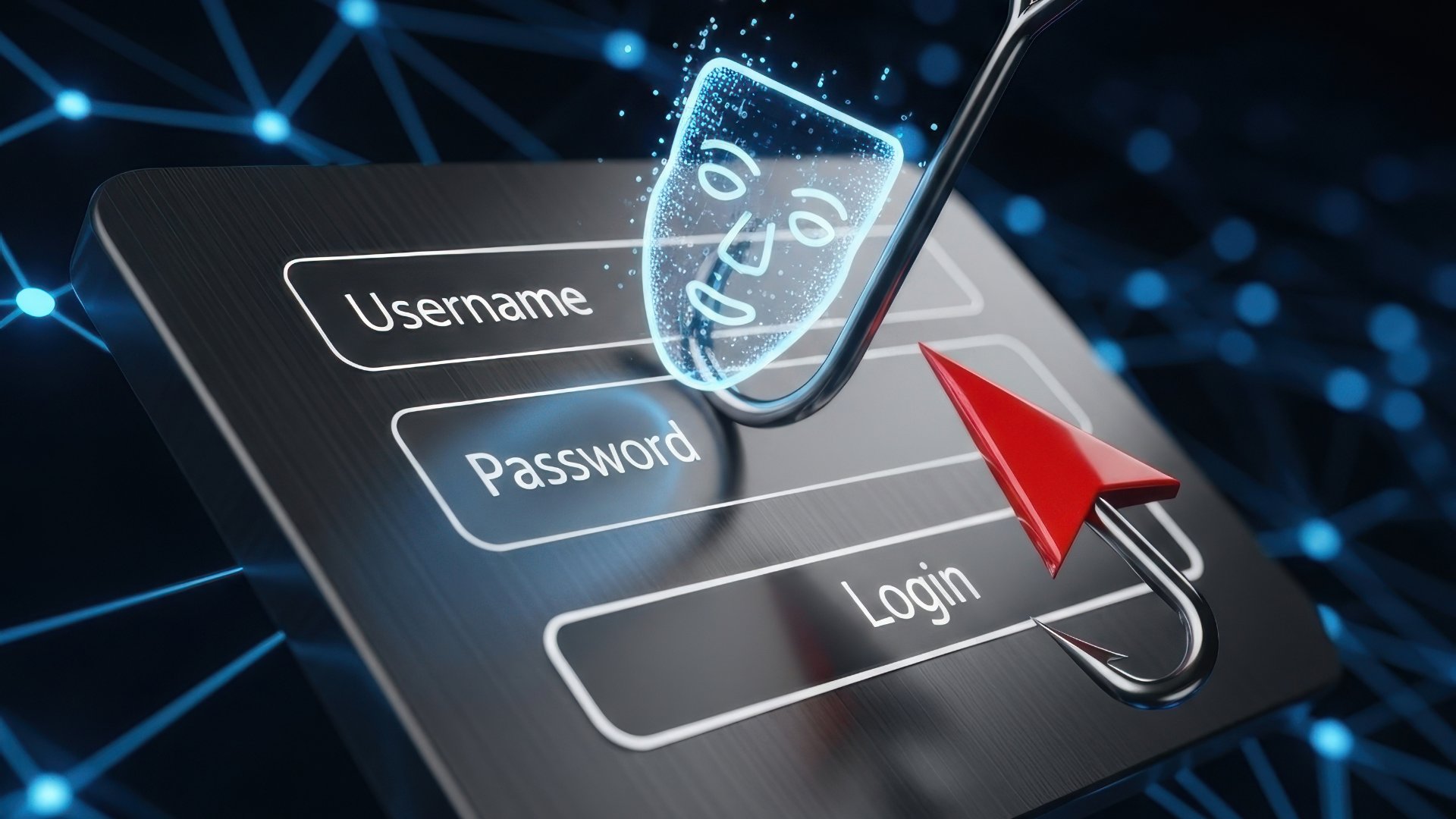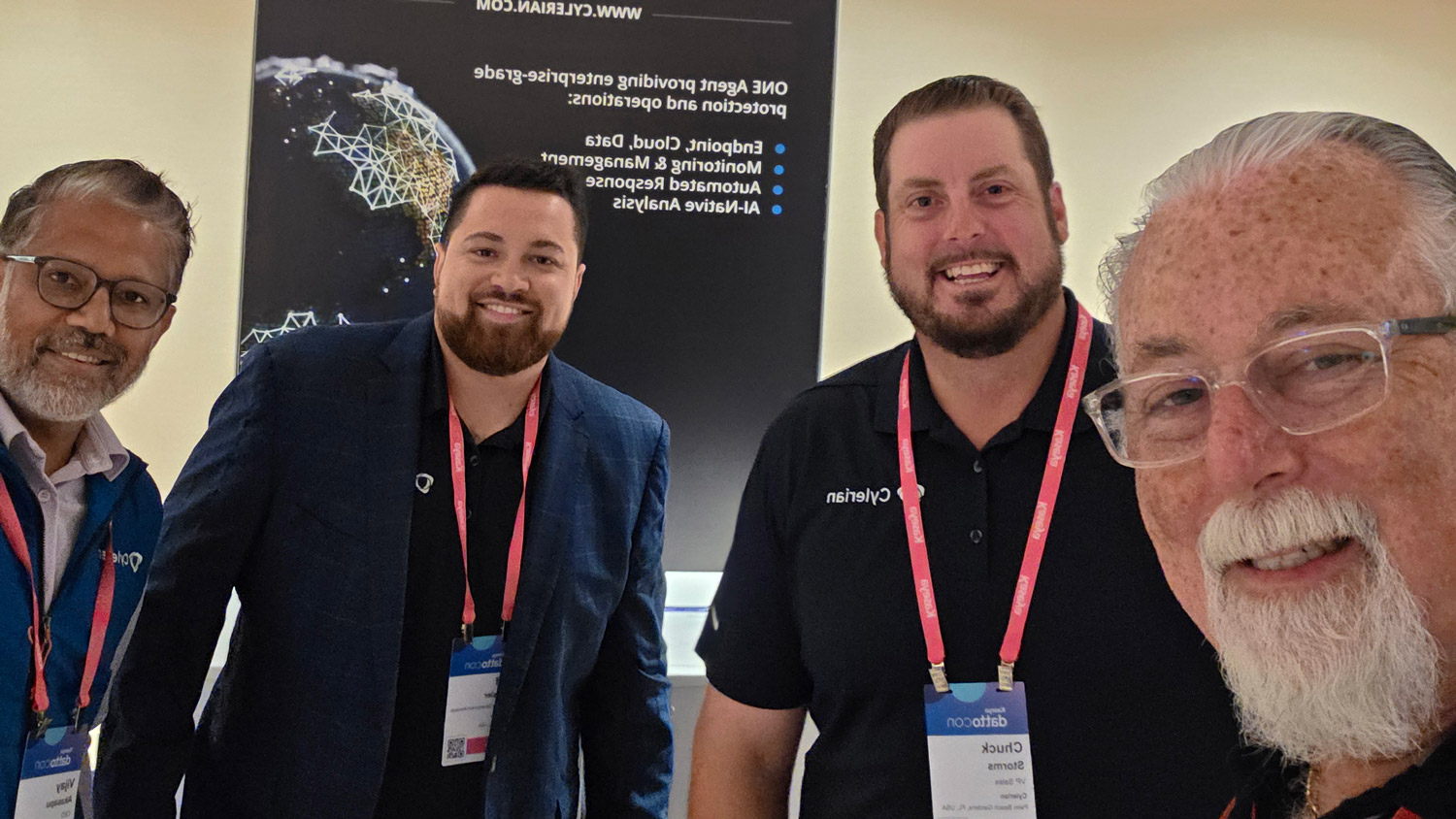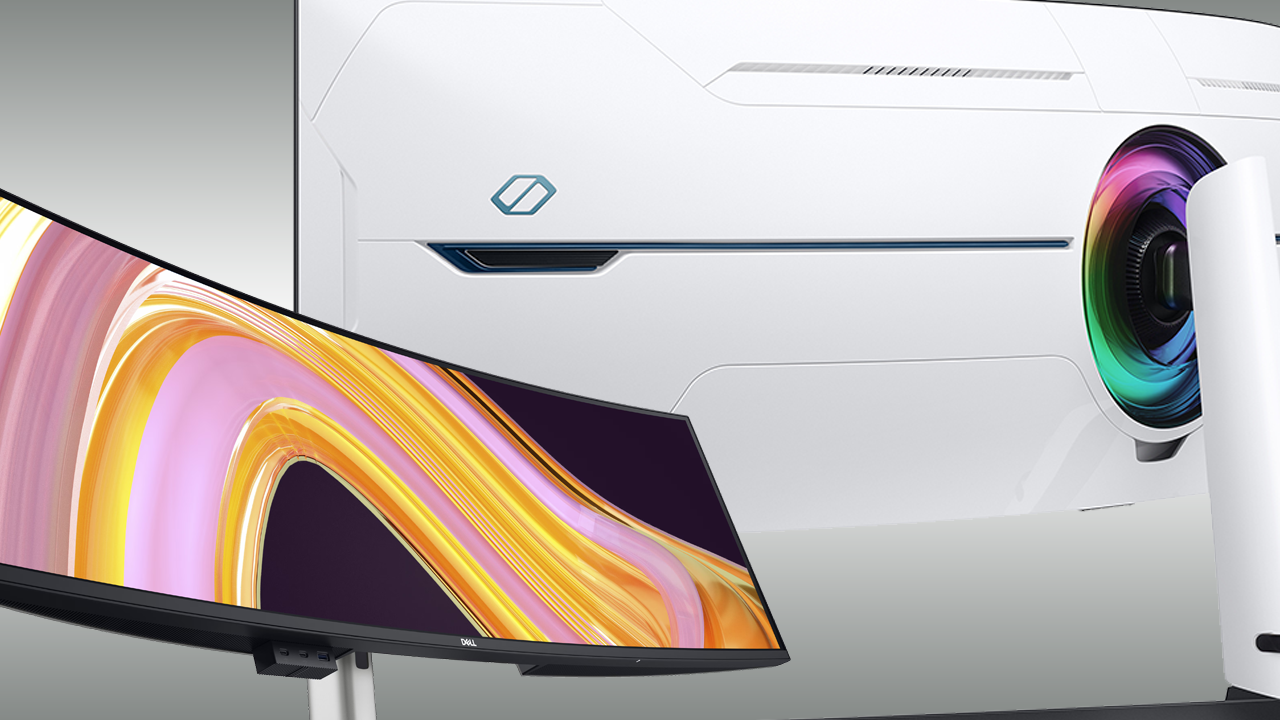DESIGNING AND DELIVERING IoT solutions can be a lucrative source of project revenue. Managing IoT solutions, or operating them on an outsourced basis, can be a rich source of recurring revenue. It’s a business model MSPs are already familiar with, but managing the billions of IoT devices currently installed and planned is an even bigger job than managing a traditional IT network. Does it make sense to start your IoT-MSP practice?
For MSP Mike Bloomfield, it does. The president geek of Tekie Geek, based in Staten Island, N.Y., is offering both business and residential IoT management services. For his business clients, he says, there is some overlap with the types of services MSPs typically offer, such as managing Wi-Fi access points.
Jack Knocke agrees. “In many cases, IoT management means working with the same types of devices [MSPs] typically work with,”” say Knocke, president of IoT Advisor Group in Jacksonville, Fla., which helps IoT vendors take their products to market.
One big difference, though, is IoT projects often fall into the operations technology basket, not IT, which requires a different approach than selling a PC, according to Knocke. “Integrators are comfortable justifying new PCs for customers. IoT projects get into business questions and the operations side, and those talks make some integrators uncomfortable.”
A good way to get started with IoT management is to work with existing customers as they start doing IoT projects, Knocke suggests. For example, the plumbing company with your VoIP system is a good candidate for fleet management to track its trucks.
Be aware, though, that additional management tools and training will be required, Bloomfield says. “Go through whatever training your vendor offers. I take the training myself and train my nine employees.”
Tekie Geek uses an RMM tool from Kaseya for his managed services customers, and he’s testing the Domotz RMM for IoT devices. “Domotz made IoT monitoring very easy,”” Bloomfield says. He has also used OvrC RMM on-premise hubs, which are a one-time cost vs. a monthly fee for Domotz, “”but don’t give you the same amount of power.”
Is the profit potential worth the extra tools and training? Yes, says Bloomfield.
“IoT is still new, but we’re making money, backing IoT support into the cost,”” he explains. “”We sell some equipment but at a lower margin level like for Sonos [home sound systems]. Hardware automation controllers are better, with enough margin on the back end. For businesses, IoT monitoring becomes part of the workstation cost for other devices.”
For residential clients, Bloomfield recommends sticking to high-end homes. While some competitors might service homes for $10 a device per month, “”they lose money with one service call.” In contrast, he says, “Owners of 5,000 to 6,000 square foot homes are more likely to pay for everything to be done for them. They want to know the TV will work.”
Pricing your services correctly is key to profitability, Knocke says. “If you price it appropriately and support it the right way, IoT monitoring can be extremely profitable. At $5 per month you’ll have to sell thousands to make it work, but if you look at your costs and service time you put into it, it’s similar to your MSP model.”
He adds that once you have an IoT gateway in place, you can do all sorts of IoT projects. “Your car, your forklift, and your HVAC systems are now IoT management ready.”
Another angle, he says, is monitoring IoT sensors for water or fire damage, and other business losses, which can lower insurance costs for your customers.
Perhaps the more pertinent question now is whether an MSP can afford to ignore IoT management projects. “‘The sky is falling’ message is always around, and IT-only MSPs will be fine for five to 10 years,” says Knocke, who adds that it is “better to be forward thinking. Businesses prefer to buy from full-service management providers.”
Image: iStock














